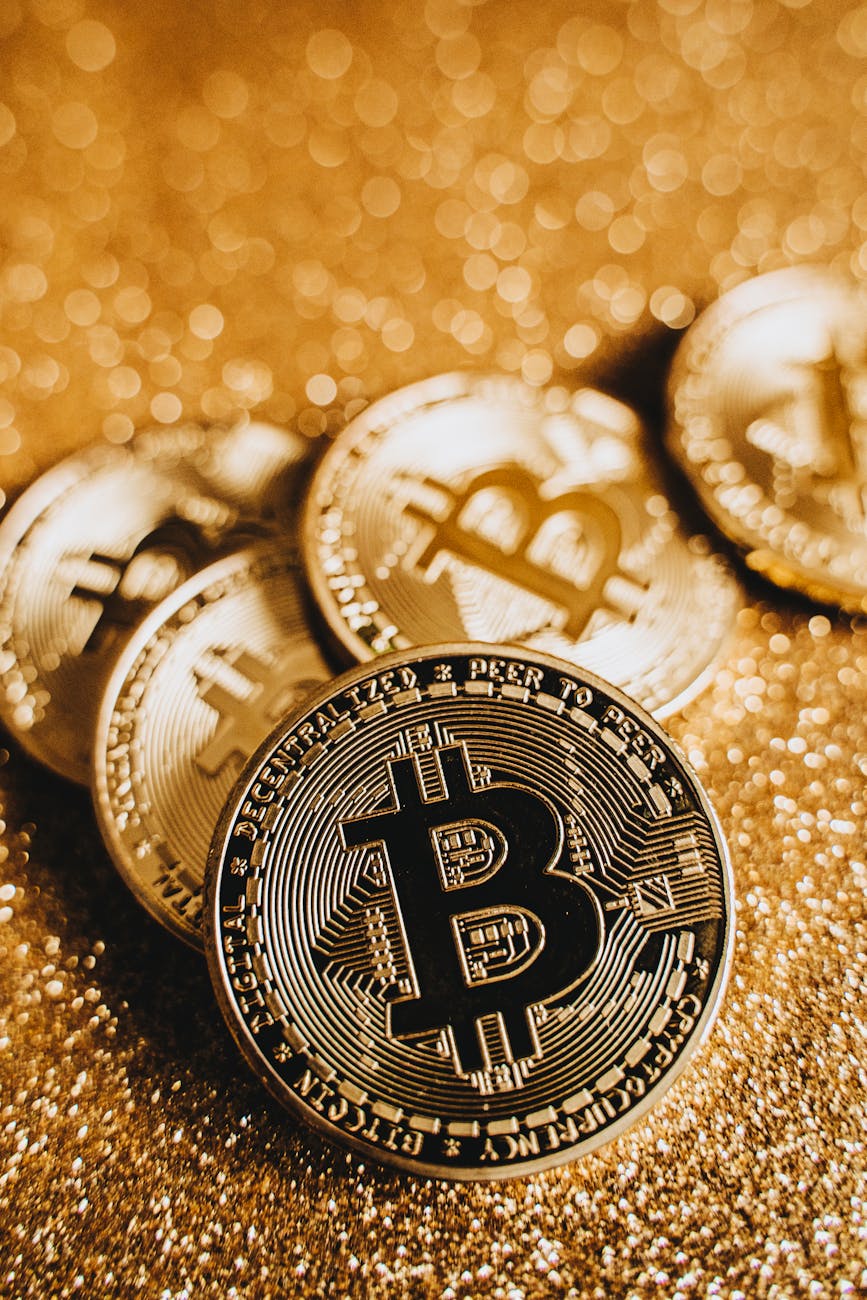Decentralized Finance: The Future of Banking

The Rise of Decentralized Finance
Decentralized Finance, also known as DeFi, is a rapidly growing sector within the cryptocurrency industry that aims to revolutionize traditional banking systems. Unlike centralized institutions, DeFi platforms operate on blockchain technology, offering users greater control, transparency, and security over their financial transactions.
Key Features of DeFi
- Peer-to-peer transactions
- Smart contracts
- Lending and borrowing protocols
- Automated market makers
The Benefits of DeFi
DeFi provides numerous advantages, including lower fees, faster transaction times, increased accessibility, and global scalability. Users can participate in various financial activities, such as trading, staking, liquidity provision, and yield farming, without relying on intermediaries.
Challenges and Risks
Despite its potential, DeFi also faces challenges such as security vulnerabilities, regulatory issues, and market volatility. Investors and users must exercise caution and conduct thorough research before engaging in DeFi projects to mitigate risks and protect their assets.
The Future Outlook
As the DeFi ecosystem continues to evolve and expand, it has the potential to disrupt traditional banking systems and reshape the financial landscape. With increasing adoption and innovation, decentralized finance is poised to become the future of banking, offering greater financial freedom and empowerment to individuals worldwide.





